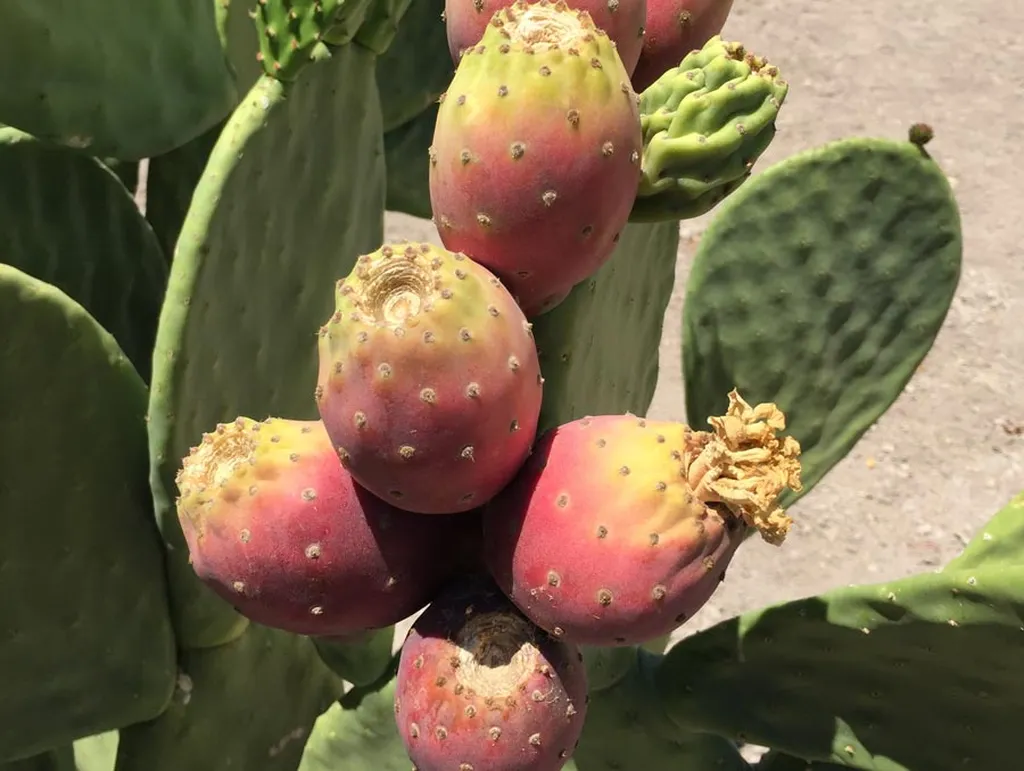In the heart of Brazil’s semi-arid region, a groundbreaking study led by Gonçalves Albino Dauala from the Postgraduate Program in Agricultural Sciences at the Federal University of Piauí is offering new hope for sustainable agriculture under drought conditions. The research, published in the journal Scientific Reports (translated from the original Portuguese), explores the potential of plant growth-promoting bacteria (PGPB) to enhance the resilience of forage cactus pear plants, a vital resource in water-scarce environments.
The study focused on the interaction between PGPB strains and forage cactus pear (Opuntia cochenillifera) under drought conditions. The findings revealed that certain PGPB strains, particularly IPACC29 and IPACC38, significantly improved plant performance under water deficit. These strains were found to enhance nitrogen accumulation and strategic photosynthetic pigment content, leading to better root growth and overall plant development.
“Drought significantly decreased plant growth across all treatments, but the plants inoculated with IPACC29 and IPACC38 strains, without additional nitrogen fertilization, showed the best performance under drought,” explained Dauala. This discovery is crucial for agriculture in stressful scenarios, offering a sustainable management technique to enhance plant resistance to drought.
The implications of this research extend beyond traditional agriculture. In the energy sector, forage cactus pear is increasingly being recognized as a valuable resource for bioenergy production. The ability to cultivate this plant under water restriction and reduced nitrogen availability opens up new possibilities for sustainable bioenergy in dry regions.
“Our findings reveal that IPACC29 and IPACC38 are the most promising PGPB strains for inoculating forage cactus pear, activating important defense responses against drought,” Dauala added. This system offers an alternative for cultivating cactus under water restriction and reduced nitrogen availability, increasing green forage biomass production in dry regions.
The study’s findings could shape future developments in the field of agritech, particularly in the realm of bioenergy. As the world grapples with climate change and water scarcity, the ability to cultivate resilient crops like forage cactus pear could be a game-changer. This research not only highlights the potential of PGPB inoculation but also underscores the importance of sustainable agriculture practices in the face of global challenges.
In the words of Dauala, “This research offers a glimmer of hope for sustainable agriculture in water-scarce environments, paving the way for innovative solutions in the energy sector.” As we look to the future, the integration of such sustainable practices could be key to meeting the world’s growing energy demands while preserving our planet’s precious resources.

